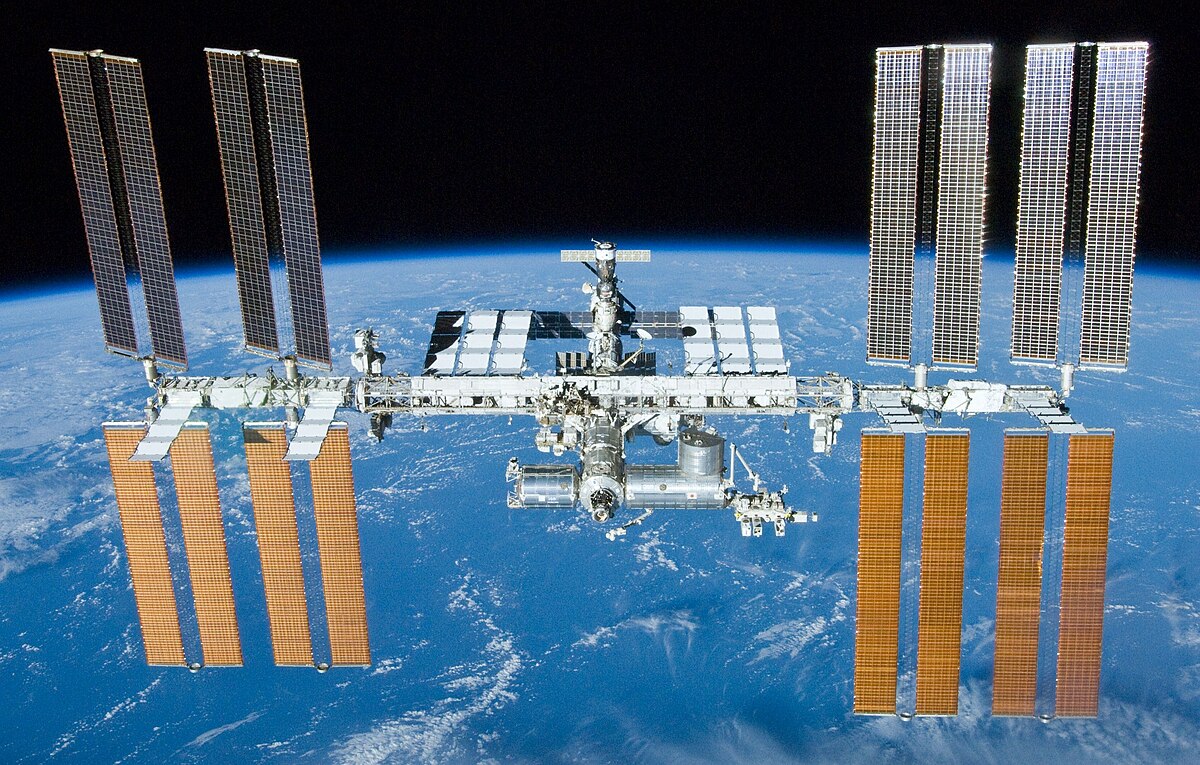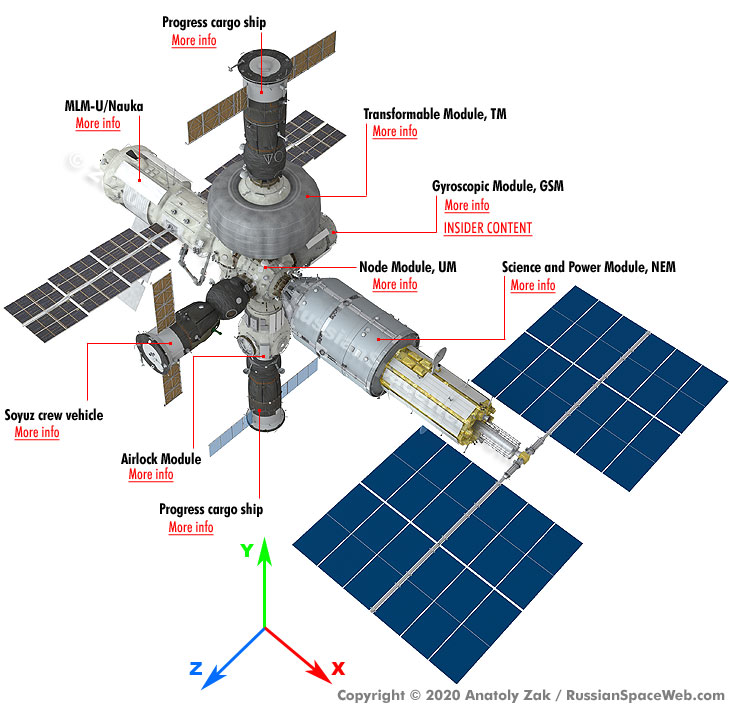In July, the new Chief of the Russian state space corporation Roscosmos, Yuri Borisov, confirmed that Russia had decided to exit the International Space Station (ISS) after 2024 after fulfilling all its obligations.
Amid US-China EW Battle, US Shows Off Its Next-Gen EC-37B ‘Compass Call’ Electronic Warfare Plane
Russia first threatened to leave the ISS in response to its international sanctions for invading Ukraine. Even though it was dismissed as mere posturing at first, it has now become clear that Russia is set to leave and pursue its space station instead, as earlier reported by EurAsian Times.
NASA Advisory Council members Kay Bailey Hutchison and Jane Harman recently wrote in a Wall Street Journal op-ed that the ISS would be crippled if Russia eventually leaves unless the US Congress authorizes and funds private-public partnerships to take over Roscosmos’s responsibilities.
Sergey Krikalev, the executive director for manned spaceflights at Roscosmos, stated earlier this month that Russia is considering alternatives to the ISS after 2024.

“Roscosmos is threatening to leave the ISS before the station retires in 2030. If nothing is done, this could cripple the ISS,” Hutchison and Harman said in the op-ed published on August 16.
“There is a potential solution in the station’s longstanding relationship with the commercial space industry… that successful private-public partnership has evolved as the industry has and could help cover Roscosmos’s duties on the ISS if Russia leaves.”
The op-ed further reads that despite Moscow’s threats, communication channels remain open, and Russia is still working with the ISS. The construction of a new Russian Orbital Service Station (ROSS) will begin no earlier than 2028, so there is still a lot of uncertainty surrounding the ISS’ fate.

While the ISS is a multinational cooperative effort, the two countries that contribute the most to the ISS’s operations are the US and Russia, each of which runs its segment. Notably, Russian technology is in charge of keeping the station in orbit.
However, despite relying on Russian technology, NASA experts have mostly asserted that they can run the ISS independently without Russia. This also explains why Harman and Hutchison have called upon the US Congress to sanction finances for a public-private partnership to replace Roscosmos.
Will Russia’s Exit Cripple The ISS?
According to NASA advisors, the ISS would suffer if Moscow were to leave, as Russia supplies the station’s propulsion and control systems.
It is to be noted that NASA would need to develop a new “tug” vehicle within a year of Russia’s exit. The vehicle could go to the station and dock where it is safe to exert thrust. The problem is that because of the size of the ISS, the existing American upper stages cannot carry enough propellant to raise the station’s orbit.
However, the NASA advisors said that Northrup Grumman’s Cygnus cargo ship might be able to boost without Roscosmos’ assistance. SpaceX is determining whether it might use its Dragon Cargo modules to do the same.
“Both of these ventures will take time as well as authorizations and funding from Washington,” the NASA advisers said. “Congress must not be hampered by the partisan infighting that mars so much of our political discourse. The ISS is too important to lose.”

In addition, the Russian space agency Roscosmos announced that it would not service the last of Russia’s RD-180 rocket engines in the United States and wouldn’t work with Germany on cooperative experiments in the Russian section of the ISS.
According to aerospace and defense analyst Girish Linganna, “The ISS has taken a toll due to age, space debris, and accidents. In the event of the Russian withdrawal, there will be no one to repair and maintain the ISS. Also, the US part of the space station cannot survive without the Russian part.
The US has managed to supply ISS with domestic rockets but maintaining it will be a different ballgame.”
However, NASA experts and advisors believe NASA could run the ISS independently. Until recently, the United States’ interests in human spaceflight would have been severely compromised by a loss of collaboration with Russia because astronauts relied on Russian rockets and capsules to reach the station when the Space Shuttle program was terminated in 2011. That is until NASA began using SpaceX for domestic ISS missions in 2020.

In recent years, the private space business in the US has grown dramatically, with SpaceX being just one prominent example. Even the problem of replacing Russia’s capability to keep the ISS in orbit might be resolved by it.
“[Aerospace and defense technology company] Northrop Grumman is already testing a re-boost using their Cygnus capsule, and Elon Musk has implied in a tweet that SpaceX would like to help with this too,” Greg Autry, professor of space leadership at Thunderbird School of Global Management, Arizona State University, told Newsweek.
“Beyond using a capsule as an engine, ion thrusters could be installed on the station, which already has a lot of available solar electric power, “Autry noted.
This aligns with the NASA advisors’ opinion about being able to fill the capability gap left by Roscosmos’ exit by tapping into the private sector. However, in the absence of adequate funding, the ISS may even have to de-orbit before 2030, when it is initially slated to retire.
Further, the Wall Street Journal op-ed noted that the research conducted on board the ISS advanced treatment of cancer and other diseases and is home to the Alpha Magnetic Spectrometer, a unique instrument searching for evidence of dark matter in deep space.
Hutchison and Harman also said that despite Moscow’s threats, communication channels remain open, and Russia is still working with the ISS. “It’s essential to continue and expand these efforts with an emphasis on international cooperation,” the authors wrote.
It was also informed earlier this month that Russia’s decision to leave the ISS would be based on a technical evaluation, but no changes will be made until 2024.
- Contact the author at sakshi.tiwari9555@gmail.com
- Follow EurAsian Times on Google News





